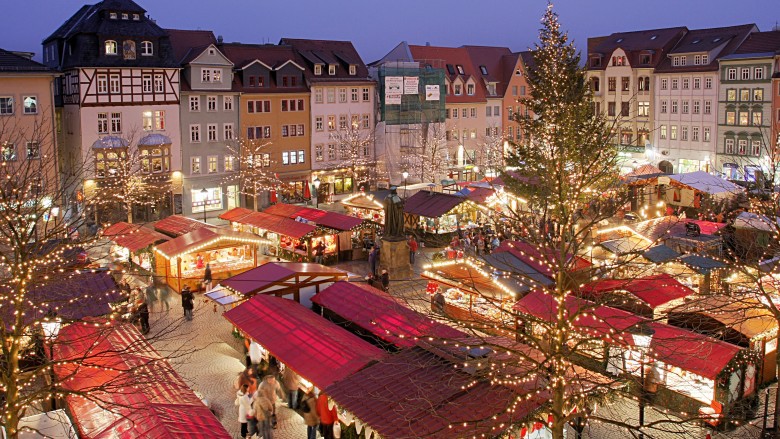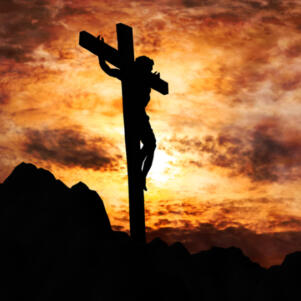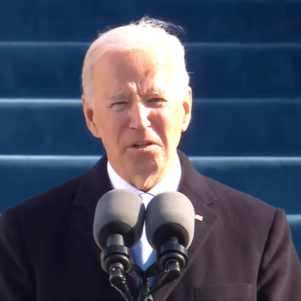A German scholar reflects on the fading influence of religion on Christmas in Europe
By Kara Bettis | December 21, 2015, 19:42 EST
 A Christmas market. (Photo courtesy of Wikipedia.org)
A Christmas market. (Photo courtesy of Wikipedia.org) In European countries such as Germany, Christmas is celebrated with fervor even as Europeans debate how much to emphasize the holiday’s religious significance. But the conflict is complex.
Much derives from a long-running debate over dividing church and state, said Alexander Görlach, the founder and editor-in-chief of “The European” magazine and a visiting scholar at Harvard University. He is researching the future of secularization.
Secularism, he said, signifies the extent or lack of catering to religion by governments and the separation of those institutions. Secularization implies how society, or “the governed,” actually engage in religion, Görlach said.
“Other than Easter or other Christian holidays, Christmas… you cannot avoid it because it is all over the place. It’s very massive,” Görlach said in an interview.
“It has a very solid presence in our everyday life in these four to five weeks,” he said. “Even if you’re not a Christian, or a lousy Christian, or whatever, you’re quite fond of it, and since it’s a religious holiday, you’re somehow confronted with the religious content because that’s interestingly one of the rare religious holidays that you cannot get rid of its religious core.”
In Germany, Görlach said, the season is celebrated as a “season of love.” For religious adherents, the holiday celebrates the love of Jesus. For the nonreligious, it offers a time of familial love and kindness toward others.
Advent, a colorful celebration of the birth of Jesus in the weeks leading up to Dec. 25, is a significant part of Christmas in Germany. Christmas Eve is equally significant, as traditionally the concluding day of the Advent calendar. Christmas markets fill the streets, spilling over with wood carvings, beeswax candles and nutcrackers complemented by the scent of mulled wine and bratwursts – or even Feuerzangenbowle, a red wine and rum punch.
But the strictly religious aspect? Not so much. Görlach cites statistics that show Germany is home to about 25 million Catholics and 25 million Protestants – just counting those that are registered with a church. But he said that the weekly attendance rate at a church service for Catholics is 10 percent, and for Protestants, around 1 percent. Germany is also home to about 4 million Muslims.
“There is not much left of cultural or religious Christianity” in Germany, he said. But there are traditions that still hold sway. “It is its historic role in society,” he said in a follow-up email.
In European countries, now mostly secular but still much influenced by Roman Catholic traditions, there are many more official federal holidays than in the U.S., even though many of the holidays on the Continent derive from religious roots. Not only does cultural tradition have a strong hold, but Görlach argues that there is a tradeoff – the state respects church traditions because of the charity work performed by religious institutions.
Because of its religious significance, Görlach believes there will always be a conflict among secular, Western states over celebrating Christmas. It’s part of the age-old battle of separation of church and state, he said.
Despite the controversies that can generate, he doesn’t see public observances of the holiday going away, not least because of its economic consequences. And then there’s the occasional need for days of rest from labor.
“Just getting rid of the holidays, for capitalist reasons, seems to be a contradiction,” he said.
Contact Kara Bettis at [email protected] or on Twitter @karabettis.











